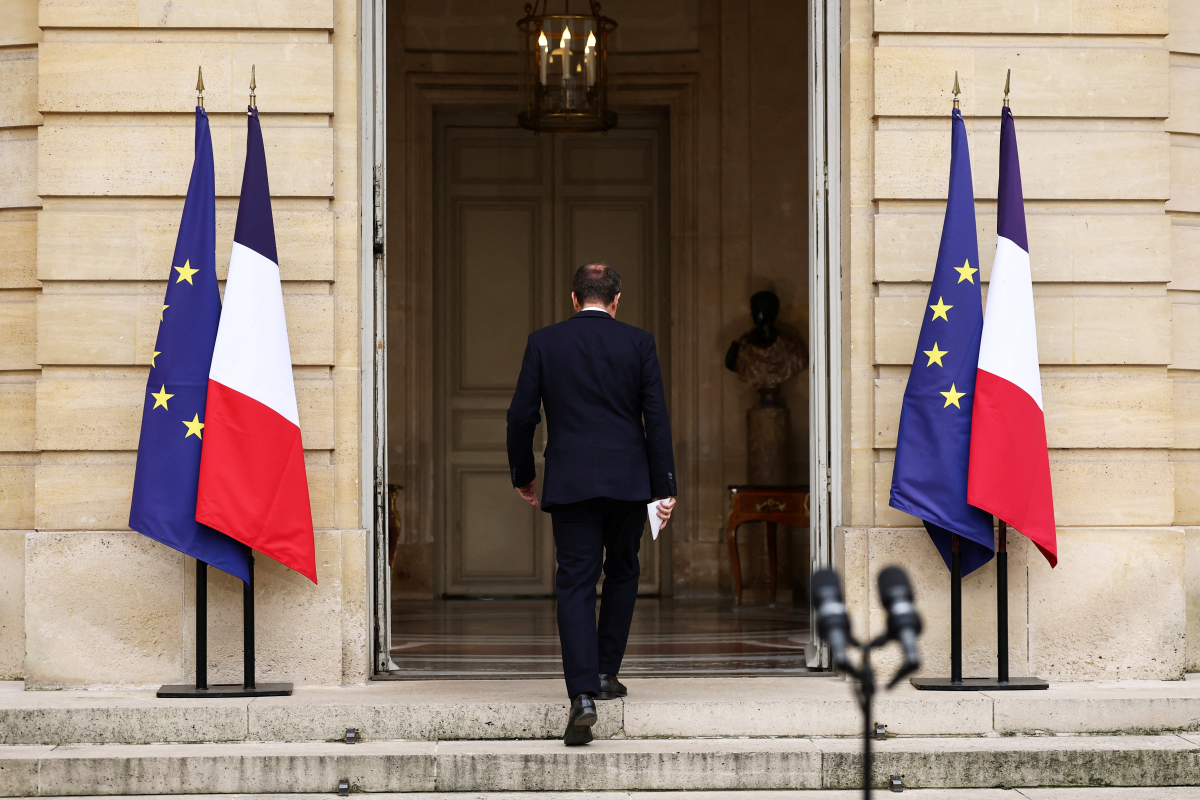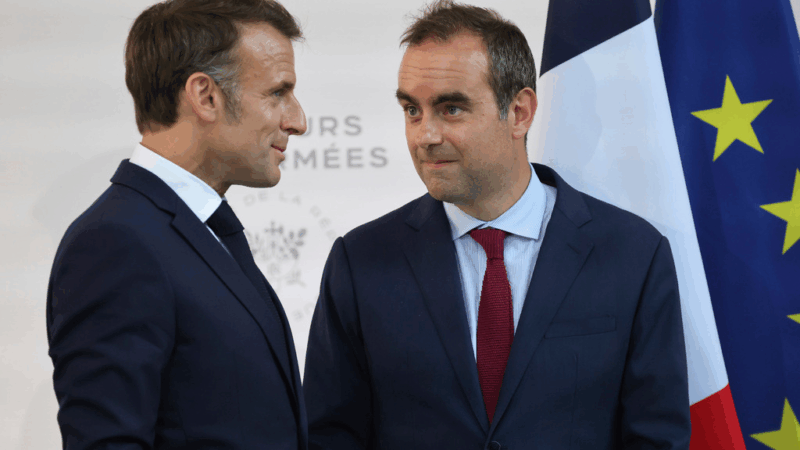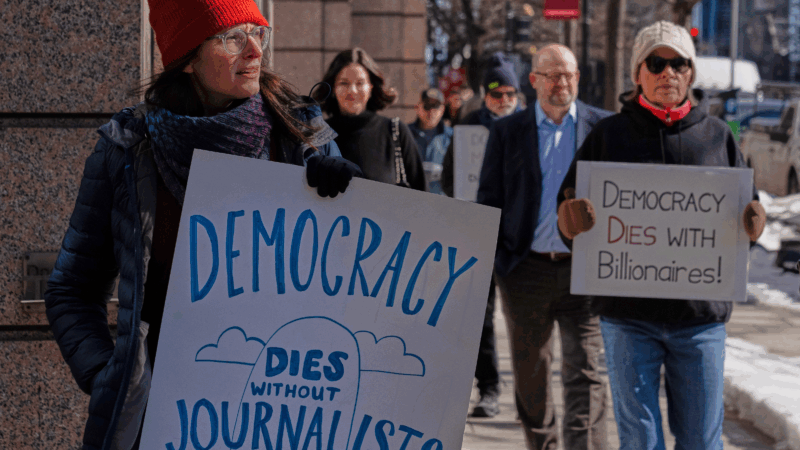French Prime Minister resigns after less than a month in office
PARIS — Facing criticism from all sides, France’s new prime minister Sébastien Lecornu resigned less than 24 hours after naming his government and after less than a month in office, plunging the country into a deep political crisis.
The French presidency said in a statement Monday that President Emmanuel Macron has accepted his resignation. Lecornu had replaced his predecessor François Bayrou to become France’s fourth prime minister in barely a year.
“It would take little for it to work,” Lecornu said in his resignation speech. “By being more selfless for many, by knowing how to show humility. One must always put one’s country before one’s party.”
Macron’s opponents immediately tried to capitalize on the shocking resignation, with the far-right National Rally calling on him to either call for new snap elections or resign.
“This raises a question for the President of the Republic: can he continue to resist the legislature dissolution? We have reached the end of the road,” far-right leader Marine Le Pen said. “There is no other solution. The only wise course of action in these circumstances is to return to the polls.”
On the far left, France Unbowed also asked for Macron’s departure.
The resignation rattled investors, sending the CAC-40 index of leading French companies plunging. The index was down by nearly 2% on its Friday close.
Ministers appointed just the previous night found themselves in the bizarre situation of becoming caretaker ministers — kept in place only to manage day-to-day affairs until a new government is formed — before some of them had even been formally installed in office.

Agnès Pannier-Runacher, the newly reappointed minister for ecology, posted on X: “I despair of this circus.”
Lecornu’s choice of ministers has been criticized across the political spectrum, particularly his decision to bring back former Finance Minister Bruno Le Maire to serve at the defense ministry, with critics saying that under his watch France’s public deficit soared. Lecornu’s main task would have been to pass a budget as France is faced with a massive debt crisis. At the end of the first quarter of 2025, France’s public debt stood at 3.346 trillion euros ($3.9 trillion), or 114% of GDP. Debt servicing remains a major budget item, accounting for around 7% of state spending.
Other key positions remained largely unchanged from the previous cabinet, with conservative Bruno Retailleau staying on as interior minister in charge of policing and internal security, Jean-Noël Barrot remaining as foreign minister and Gérald Darmanin keeping the justice ministry.
French politics have been in disarray since Macron called snap elections last year that produced a deeply fragmented legislature. Far-right and left-wing lawmakers hold over 320 seats at the National Assembly, while the centrists and allied conservatives hold 210.
Seeking consensus at the National Assembly, Lecornu consulted with all political forces and trade unions before forming his Cabinet. He also vowed that he would not employ a special constitutional power his predecessors had used to force budgets through Parliament without a vote and would instead seek compromise with lawmakers from the left and the right.
Pentagon says it’s cutting ties with ‘woke’ Harvard, ending military training
Amid an ongoing standoff between Harvard and the White House, the Defense Department said it plans to cut ties with the Ivy League — ending military training, fellowships and certificate programs.
‘Washington Post’ CEO resigns after going AWOL during massive job cuts
Washington Post chief executive and publisher Will Lewis has resigned just days after the newspaper announced massive layoffs.
In this Icelandic drama, a couple quietly drifts apart
Icelandic director Hlynur Pálmason weaves scenes of quiet domestic life against the backdrop of an arresting landscape in his newest film.
After the Fall: How Olympic figure skaters soar after stumbling on the ice
Olympic figure skating is often seems to take athletes to the very edge of perfection, but even the greatest stumble and fall. How do they pull themselves together again on the biggest world stage? Toughness, poise and practice.
They’re cured of leprosy. Why do they still live in leprosy colonies?
Leprosy is one of the least contagious diseases around — and perhaps one of the most misunderstood. The colonies are relics of a not-too-distant past when those diagnosed with leprosy were exiled.
This season, ‘The Pitt’ is about what doesn’t happen in one day
The first season of The Pitt was about acute problems. The second is about chronic ones.







